


Our team sorts through all blog submissions to place them in the categories they fit the most - meaning it's never been simpler to gain advice and new knowledge for topics most important for you. This is why we have created this straight-forward guide to help you navigate our system.


And there you have it! Now your collection of blogs are catered to your chosen topics and are ready for you to explore. Plus, if you frequently return to the same categories you can bookmark your current URL and we will save your choices on return. Happy Reading!
This August, students across England, Wales, and Northern Ireland will find out their GCSE results. Just last year, Ofqual received nearly 5 million teacher-assessed GCSE grades. Because it is an exam taken at the end of compulsory education, it is an important stepping stone for employment or higher education opportunities. Whilst the standard English, Science, and Maths must be taken up, there is a range of other subjects a student can also choose to study. Some of these courses can be practical and hands-on, while others are more academic. The goal is for the student to find something to suit their interests and future goals.
Many options are open for a student after taking the exam, and this is an excellent place to start to see which could work for you. Here are some choices you can make after you take your GCSEs:

Continue on to higher education
If a student chooses to pursue higher education after taking their GCSEs, they must focus on A-level subject choices. This is the most common choice made by students across the country. To get into the top 24 universities in the UK, also known as the Russell Group, successful applicants must taken A-level subjects specific to their degree course and score very highly (typically AAA). A-levels are the first time that students get to make a choice that will affect their career path, which is why it is important to choose carefully.
Take an internship
An internship is a way to pursue work and study simultaneously after taking your GCSEs. There are job opportunities that allow you to learn at the same time. To find a suitable option you can look through the job search tips on LHH for first-timers, where, for one, they suggest taking advantage of job boards that advertise specific industries such as human resources. You can also look into general job boards that announce vacancies for a wide range of positions as soon as they open. You should also tap into your network to see if there are ongoing vacancies you can try applying for. LHH advises that your first step, after taking your GCSEs, should be to create a career plan to narrow your selection and keep your job search focused.
Pursue a vocational track
For many, a vocational track will be an apprenticeship, where you can spend some time learning about theory and gaining practical experience in a controlled working environment. Our “Continual Professional Development” post highlighted the opportunities presented by EdTech for professional learning to occur on an on-demand basis. In fact, the BBC reports that this opportunity was tapped by the government when they launched the T Levels in September 2020. Pursuing a vocational track will introduce you to T Level programmes which include built-in teaching time. These programmes feature courses developed in collaboration with both employers and education providers. Through evolving technology and novel training methods, the T levels will prepare students to enter skilled employment or technical study through higher education.
Your GCSE results can certainly guide you towards many different opportunities that you can take. Although the results can be a good indicator of your aptitude, your interest is also a primary consideration. Whether you pursue a vocational track, internship, or higher education, you can undoubtedly set yourself up for success.
The author

Read more

Read more
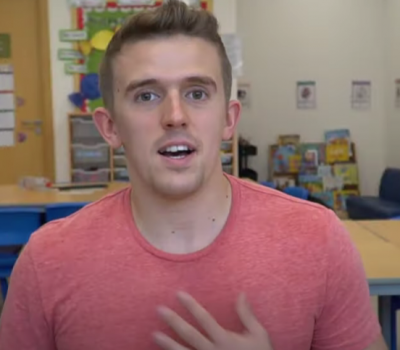
Read more
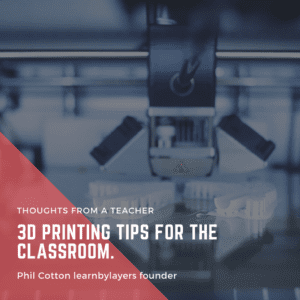
Read more

Read more
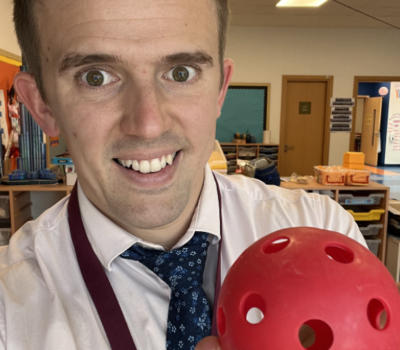
Read more
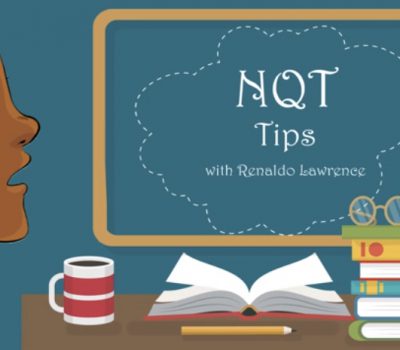
Read more
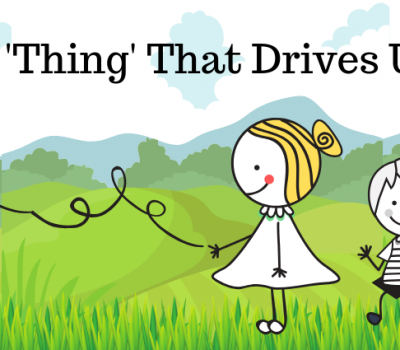
Read more


Are you looking for solutions? Let us help fund them! Nexus Education is a community of over 11,000 schools that come together to share best practise, ideas and CPD via online channels and free to attend events. Nexus also offers funding to all school groups in the UK via nexus-education.com


Established in 2011, One Education is a company at the heart of the education world, supporting over 600 schools and academies. Our unique appeal as a provider is in the breadth and synergy of the services we offer, supporting school leaders, teachers and support staff to achieve the best possible outcomes for their pupils and staff.

School Space is a social enterprise that has empowered schools for over 12 years through their profitable and hassle-free lettings services. So far, they’ve generated over £5 million in revenue for education, helping to connect over 200 schools with their local communities.


Unify is an online sales and marketing tool that allows users to create tailored personalised documents in moments.


There’s nothing special about the energy we sell. In fact, it’s exactly the same energy as all our competitors provide. But there is something special about the way we do it. Where others complicate the process, we simplify it. Where others confuse customers with hidden terms, we’re an open book. And where others do all they can to make as much money from their customers as possible, we do all we can to make as little. Everything we do, we do it differently. Our customers are a privilege. One we’ll never take advantage of.


Securus provide market-leading monitoring solutions to safeguard students on ALL devices both online and offline. We also offer a full monitoring service, where we carry out the monitoring on behalf of the school, freeing up valuable staff resources. From the smallest school to large MAT groups, Securus offers safeguarding protection for all!


Bodet Time offers dedicated solutions to education through lockdown alerts, class change systems, PA and synchronised clock systems. Improving time efficiency of the working and school day; ensuring safety through lockdown alerts; increasing communication with customised broadcast alerts.


Robotical makes Marty the Robot - a walking, dancing coding robot that makes programming fun and engaging for learners as young as 5. Our robots come with a full Learning Platform that has complete teaching resources, to make lesson planning a breeze.